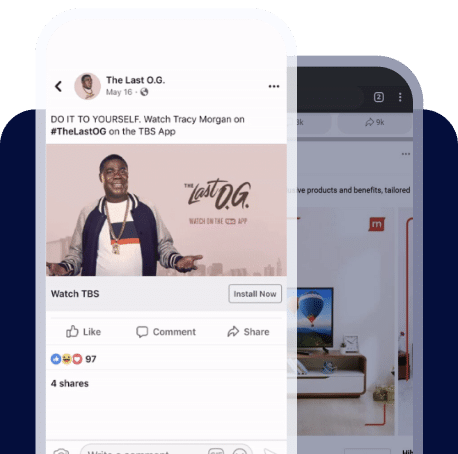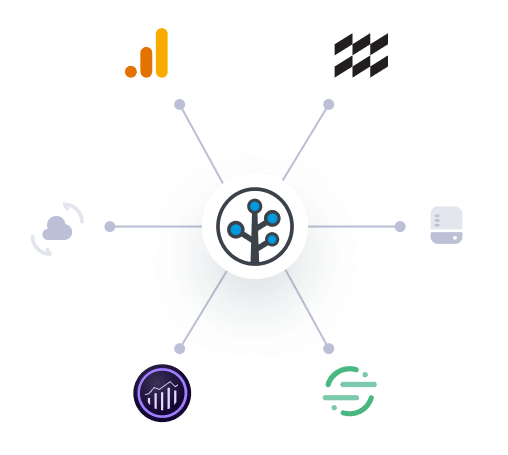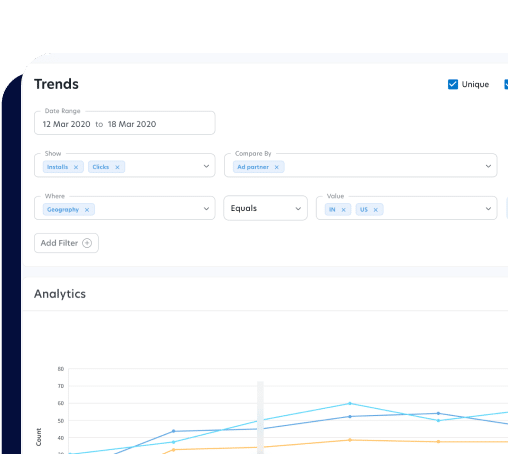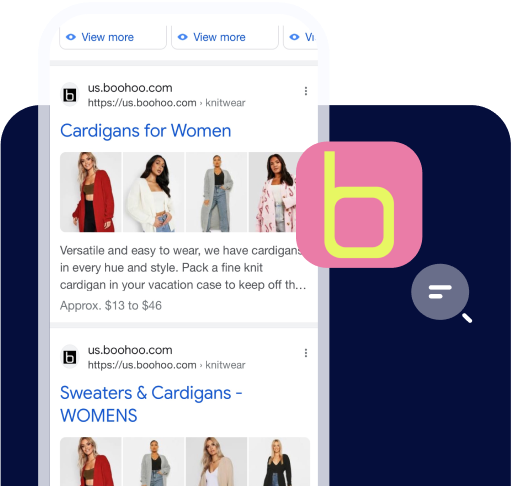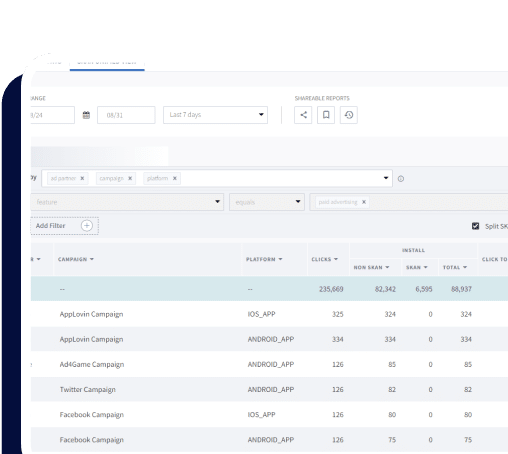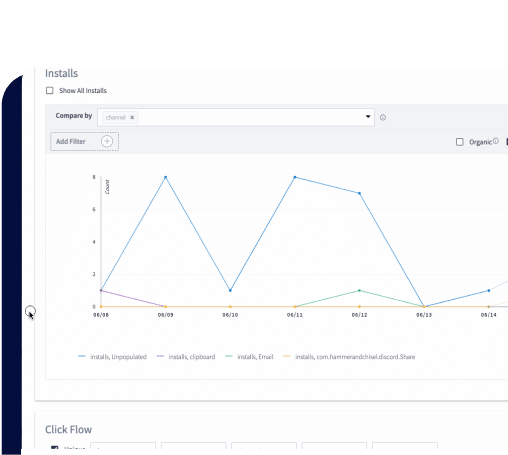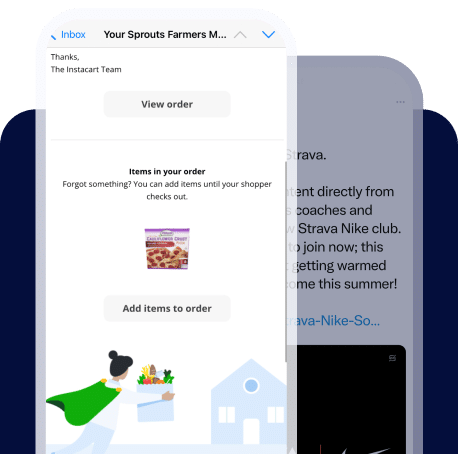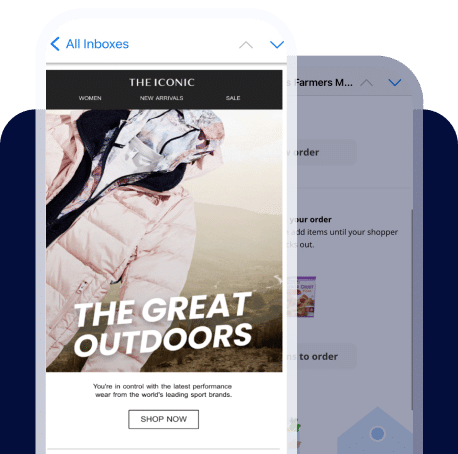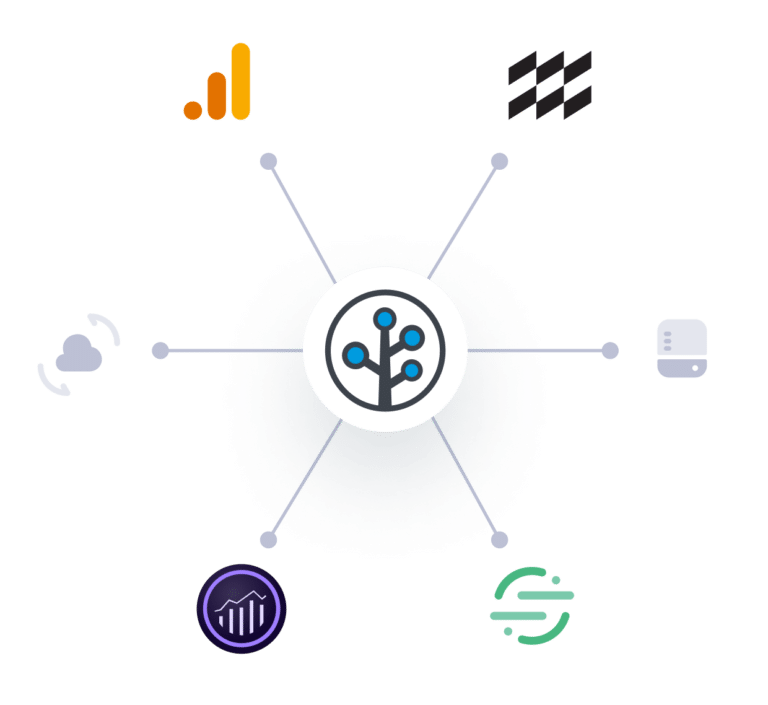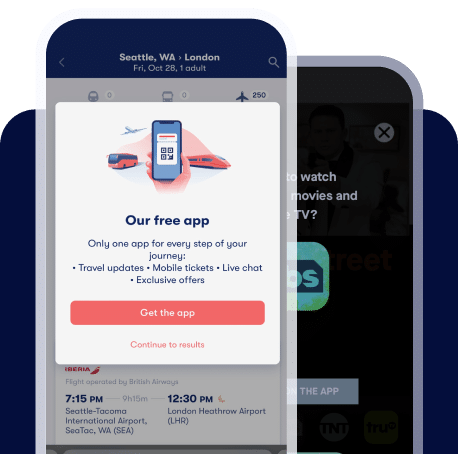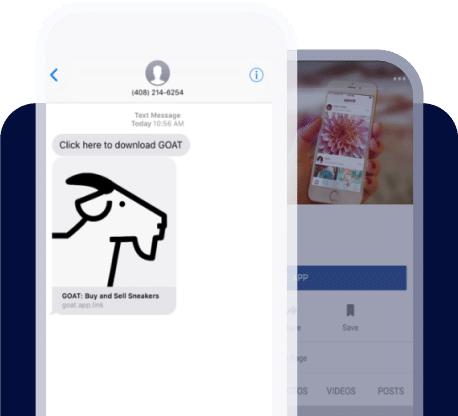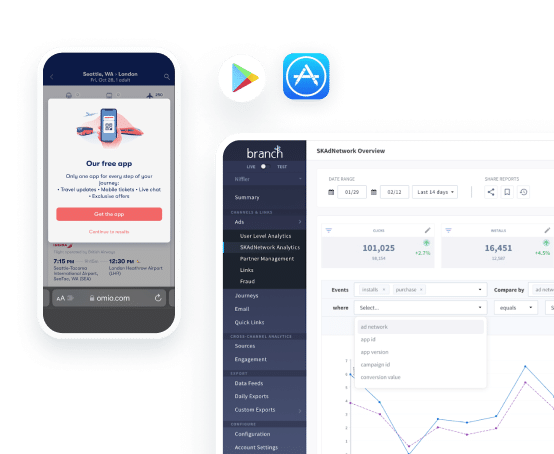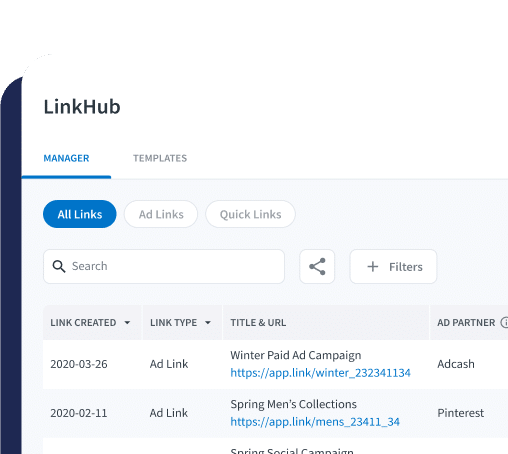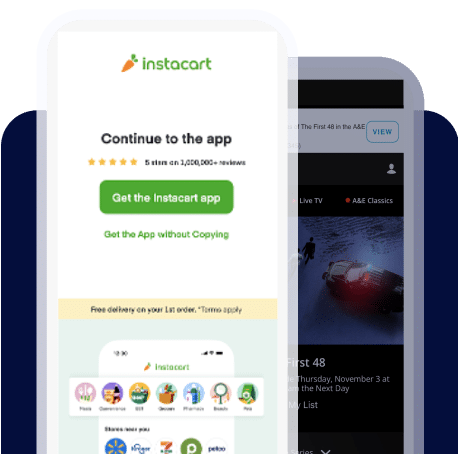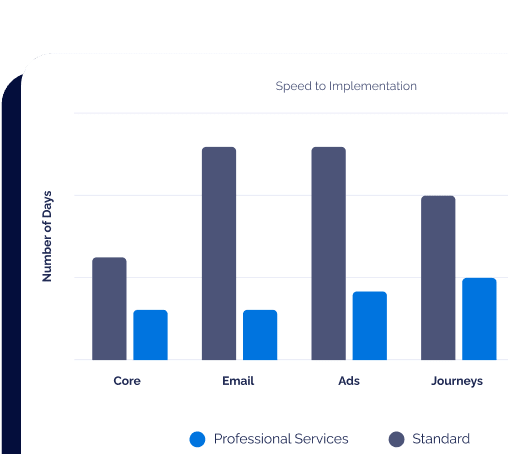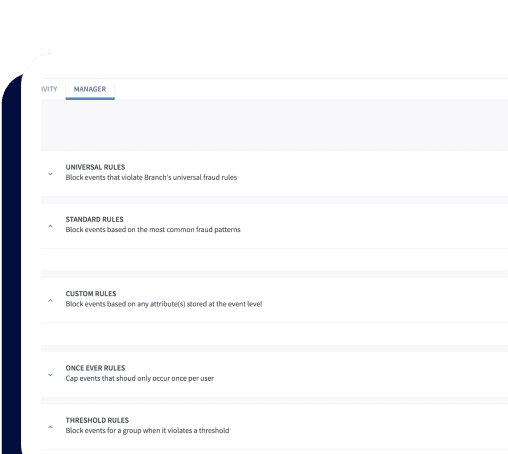It’s no surprise that as Southeast Asia is experiencing rapid growth in Internet usage, mobile is at the center. Consisting of Indonesia, Malaysia, the Philippines, Singapore, Thailand, and Vietnam, Southeast Asia is a culturally-diverse region with nearly 400 million active internet users. The recent Google-Temasek report predicts Southeast Asia’s internet economy will be worth nearly $240 billion by 2025 — $40 billion more than what was previously predicted. Powered by the most engaged mobile internet users in the world, industries like e-commerce, online media, online travel, and ride-hailing are growing at an unprecedented rate.
The recent Mobile Growth Meetup in Singapore brought together some of the leading mobile experts in Southeast Asia to discuss how they have been handling this highly competitive and complex market.
A look at the speakers:
- Neel Murty, Head of App Ads – SEA at Google
- Juliana Chua, Head of Digital Transformation at NTUC Income
- Didier Chanove, Head of Category Marketing & Business Transformation at Unilever Food Solutions
- Jeanette Wong, Assistant CRM Manager, Regional at Fave
- Pierre Tirtadjaja, Head of Online Marketing at StashAway
Digital Transformation in Southeast Asia
The Mobile Growth panel featured a unique blend of companies at different stages in their digital journeys. While Google has been a trailblazer towards a digital world, more traditional companies like NTUC and Unilever shared their perspective on digital transformation and why mobile plays such an important role in that process.
Juliana’s current role is geared towards driving change in one of the more traditional industries: insurance. Advancing the concept of digital insurance becomes more complicated as there is widespread inertia around comprehending finances. A solution she recommends: make information bite-sized to reduce its complexity. This transition is a huge cultural shift in the direction of a more digital lifestyle, which comes with its own set of challenges. For this reason, it’s important to customize content in order to better communicate with your audience and help facilitate this cultural shift so users don’t feel left behind.
With the speed at which SEA markets are advancing, email campaigns are now considered traditional marketing techniques. Companies are shifting to more creative and advanced techniques to capture users on every platform. This means that even traditional companies are looking to convert users from web to app in order to be constantly present in the minds of their consumers.
Companies like Unilever have swept markets in the FMCG (fast-moving consumer goods) category for years but are now increasing investment in mobile as a critical touchpoint to communicate with their target audience. If you are not mobile-first, then you are probably not visible.
“While mobile is the centerpiece for customer engagement today, consumers are regularly interacting with brands across a number of platforms and channels. Embracing this trend and devising a cross-platform strategy that encompasses multiple touchpoints will be the key to success for traditional businesses.”
Govind Kavaturi, Director of Business Development (APAC), Branch
What’s Next?
When asked about the future of Southeast Asia, our speakers seem to lean towards Indonesia being the market with the highest growth potential in this region.
Indonesia’s digital economy is expected to become Southeast Asia’s largest market by 2025 with a projected $100 billion valuation. Because this market is growing at such a rapid pace, it is important for companies to understand and acknowledge the huge cultural shift underway and personalize content to help ease the transition into the new digital world.
Neel remarked that SEA is one of the most exciting markets to work in and many US companies are branching out to grow their user base in this region — especially within the e-commerce industry.
Regional differences aside, Jeanette highlighted that marketing is largely experimental and it is crucial to constantly test and iterate. At Fave, they believe in starting small, failing fast, and scaling faster — a core philosophy shared by many successful businesses. At the same time, it’s important to invest in your team — a team that works toward a common goal, and understands the value of what you’re creating is the linchpin of all growth tactics.
“Southeast Asia is the fastest-growing region in the world — not investing here now will take you out of the game in the future. At the same time, it’s a complex region as each country is different culturally and linguistically, therefore, understanding each country is critical to success.”
Didier Chanove, Head of Category Marketing & Business Transformation, Unilever Food Solutions
Find a Mobile Growth Meetup near you to discover more strategies and tactics for engaging target audiences and building successful businesses.

